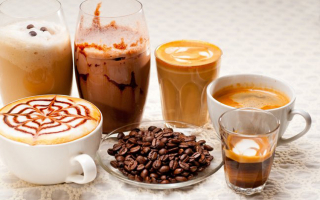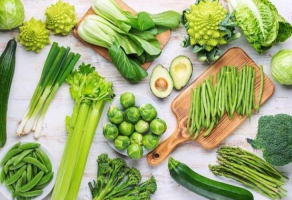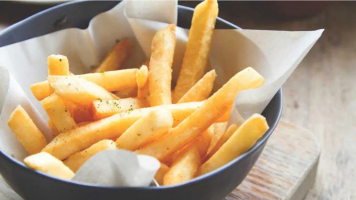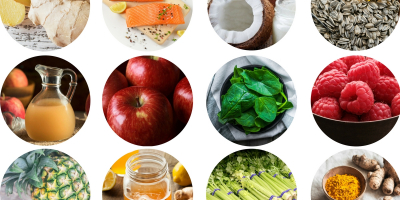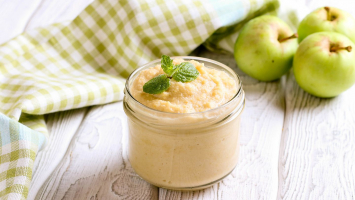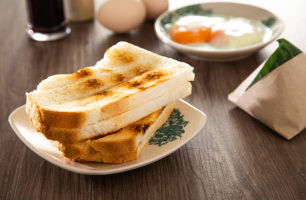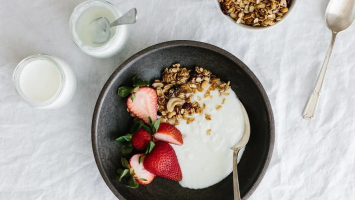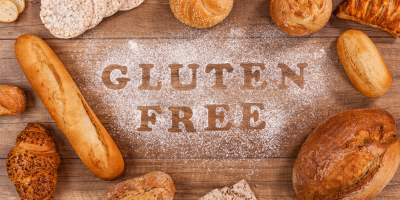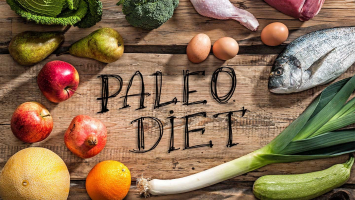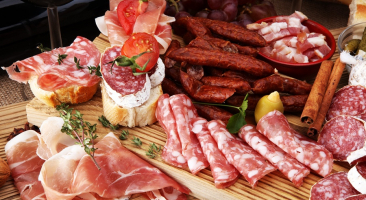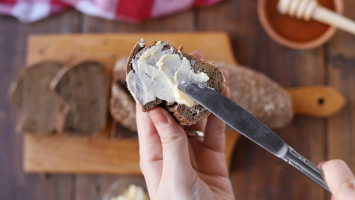Top 6 Foods and Beverages to Avoid with Arthritis
Chronic joint inflammation is a common health issue called arthritis. Depending on the kind, it hurts joints, breaks bones, and damages other bodily ... read more...components. According to research, dietary changes including giving up particular foods and drinks may lessen the intensity of a person's symptoms of inflammatory arthritis and osteoarthritis while also enhancing their general quality of life. The greatest foods and drinks to stay away from if you have arthritis are listed below.
-
No matter what, but especially if you have arthritis, you should restrict your intake of sugar. Candy, soda, ice cream, and many more foods—including less visible ones like barbecue sauce—all include added sugars. According to research of 217 persons with rheumatoid arthritis, sugar-sweetened drink and desserts were the two things that were most commonly reported to make RA symptoms worse among 20 other foods. Additionally, drinking sugary drinks like soda may greatly raise your chance of developing arthritis.
For instance, a study of 1,209 people aged 20 to 30 found that those who drank beverages sweetened with fructose at least five times per week had a threefold increased risk of developing arthritis compared to those who drank little to no such beverages. In addition, a significant study including over 200,000 women found a link between regular soda use and a higher risk of RA.
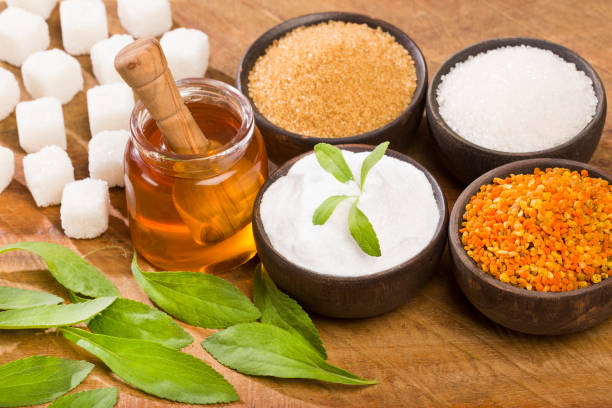
Added sugars 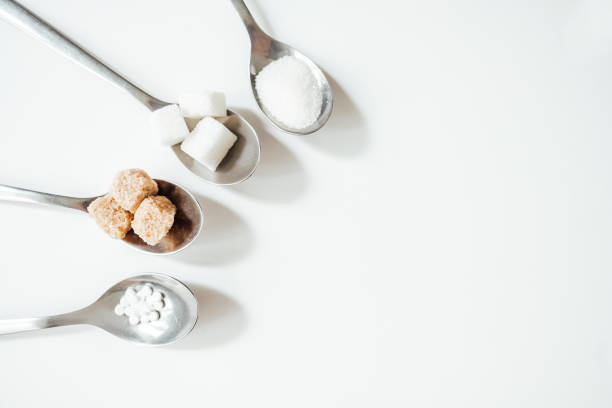
Added sugars -
Red and processed meat have been linked in several studies to inflammation, which may exacerbate the symptoms of arthritis. For instance, inflammatory markers including interleukin-6 (IL-6), C-reactive protein (CRP), and homocysteine are found in high concentrations in diets high in processed and red meats.
Red meat was observed to frequently make RA symptoms worse in the research of 217 patients with the condition that was indicated above. Additionally, research including 25,630 participants found that eating a lot of red meat may increase your chance of developing inflammatory arthritis. On the other hand, studies have indicated that plant-based diets that avoid red meat can reduce the symptoms of arthritis.
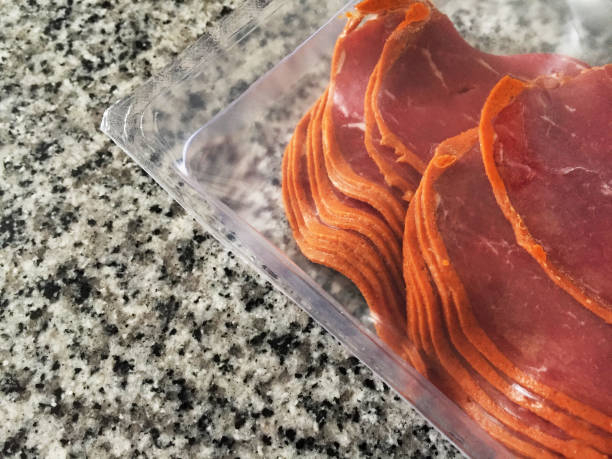
Processed and red meats 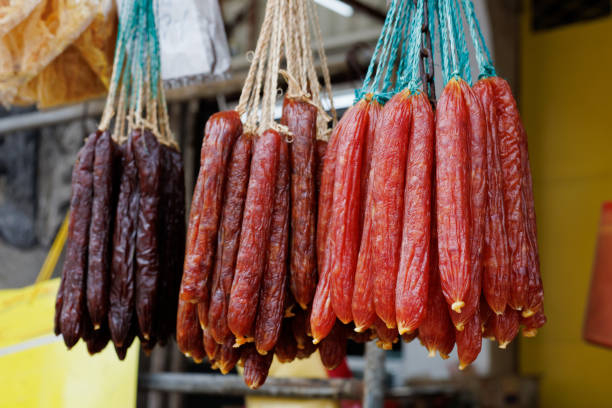
Processed and red meats -
A group of proteins known as gluten is found in wheat, barley, rye, and triticale (a cross between wheat and rye). Going gluten-free may help with the symptoms of arthritis, according to some studies that linked it to an increase in inflammation. Additionally, those who have celiac disease are more likely to acquire RA. Similar to RA, celiac disease is far more common among people with autoimmune illnesses than in the overall population.
Notably, a gluten-free, vegan diet dramatically decreased disease activity and improved inflammation in 66 RA patients during the course of a 1-year trial conducted in the past. These results are encouraging, but further studies are required to determine if arthritis sufferers may benefit from a gluten-free diet alone.
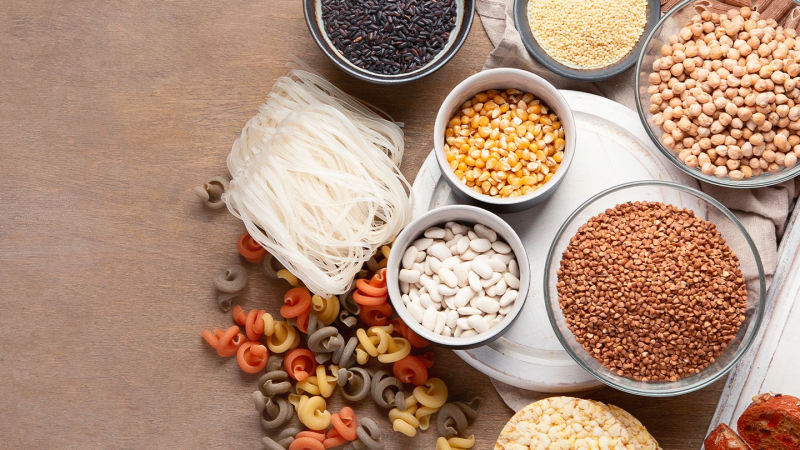
Gluten-containing foods 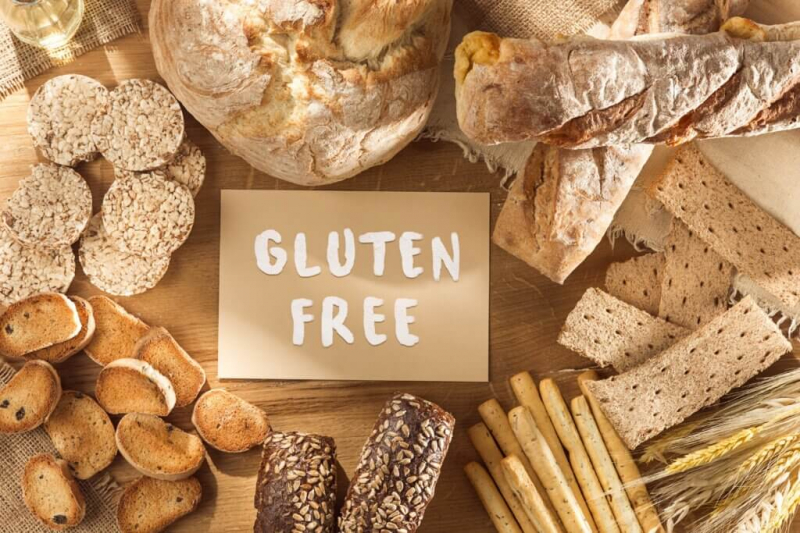
Gluten-containing foods -
Fast food, morning cereal, and baked goods are examples of ultra-processed foods that are frequently heavy in refined carbohydrates, added sugar, preservatives, and other potentially inflammatory elements that may exacerbate arthritic symptoms. By promoting inflammation and risk factors including obesity, research shows that Western diets high in excessively processed foods may raise your chance of developing RA.
In addition, a study of 56 RA patients found that those who consumed more ultra-processed food had greater risk factors for heart disease, including higher levels of glycated hemoglobin (HbA1c), a long-term indicator of blood sugar management. As a result, eating processed meals may harm your general health and raise your chance of contracting further ailments.
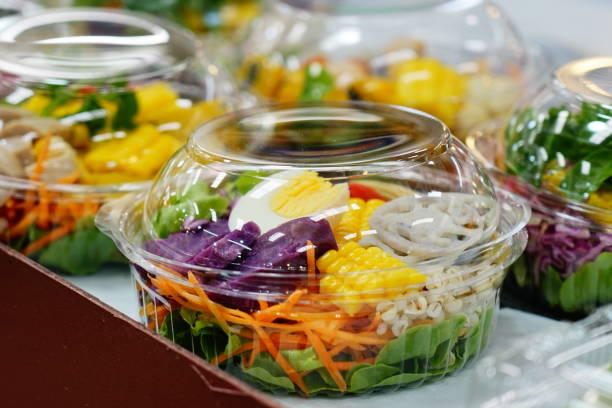
Highly processed foods 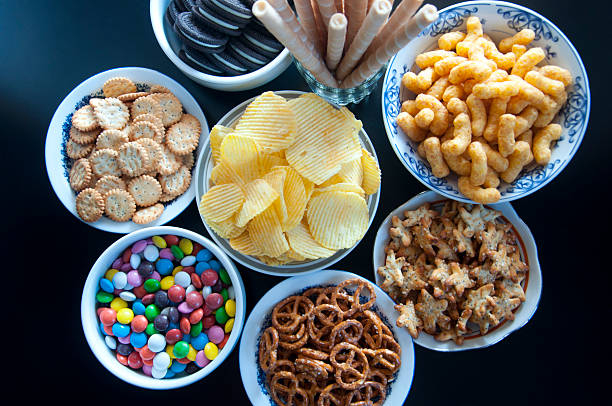
Highly processed foods -
Anyone with inflammatory arthritis should limit or avoid alcohol since it can make arthritis symptoms worse. Alcohol use was linked to greater spinal structural damage in a study of 278 persons with axial spondyloarthritis, inflammatory arthritis that predominantly affects the spinal cord and sacroiliac (SI) joints. Alcohol use may also worsen and increase the frequency of gout attacks, according to studies. Moreover, although not all studies have established a strong connection, prolonged alcohol use is linked to a higher risk of osteoarthritis.
Diets low in omega-3 fats and high in omega-6 fats may make osteoarthritis and rheumatoid arthritis symptoms worse. The body needs these fats for good health. However, the unbalanced omega-6 to the omega-3 ratio found in the majority of Western diets may worsen inflammation. Increasing your diet of omega-3-rich meals like fatty fish while decreasing your intake of foods heavy in omega-6 fats, such as vegetable oils, may help reduce the symptoms of arthritis.

Alcohol 
Alcohol -
For those who have arthritis, reducing salt intake may be a wise decision. Shrimp, canned soup, pizza, certain cheeses, processed meats, and several other processed foods are examples of foods rich in salt. According to mouse research, mice fed a high salt diet had more severe arthritis than mice on a diet with normal salt levels.
62-day mouse research also showed that, in contrast to a high salt diet, a reduced salt diet lessened the severity of RA. In comparison to mice on a high salt diet, mice on a reduced salt diet exhibited less bone loss and cartilage degradation as well as lower levels of inflammatory markers. It's interesting to note that some studies believe a high salt diet may increase the likelihood of developing autoimmune conditions like inflammatory arthritis. High salt consumption was linked to a higher incidence of RA in research including 18,555 individuals.

Foods high in salt 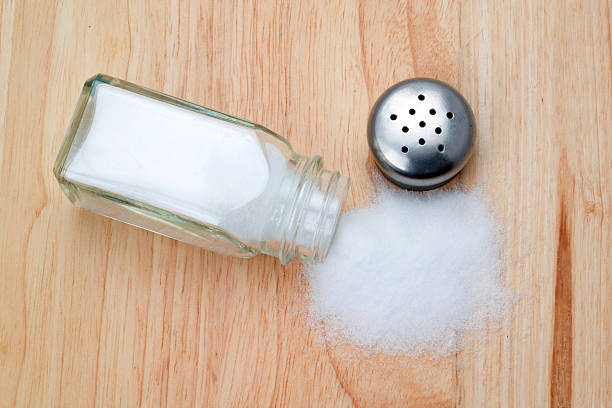
Foods high in salt








